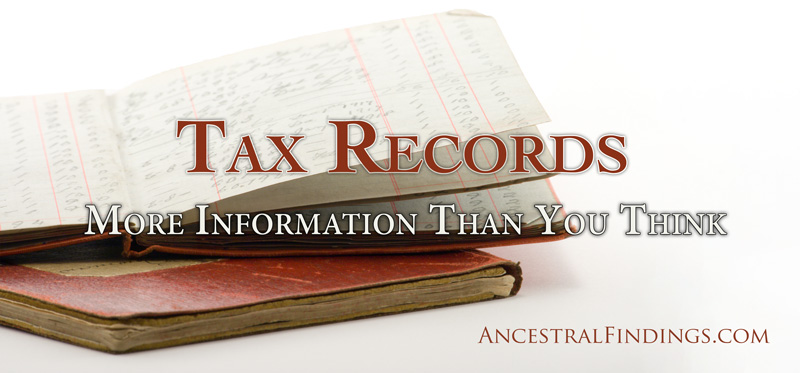Guest books have been common for decades at weddings, funerals, anniversary parties, and wedding and baby showers. People like to have a record of who attended the important events in their lives and in their family's lives as a group. It is nice to go back through the guest books and look at who came to support you and/or your family during both sad and happy times. Some guest books even include places for people to list what gifts they brought to the events they record. Here's how to use the signatures in those books you or your relatives may have inherited to further your own genealogical research.
You may find some guest books published online on genealogical websites or at historical societies, but you are most likely to find them in your own family. These tend to be things people keep for decades and hand down to subsequent generations. They became popular in the early 20th century and are still in use at important individual and family events today. If you don't have any old family guest books of your own, ask around among your relatives to see if any of them do. You can also reach out to relatives from other branches of your family (people you may have never met in person) on the Internet to see if they have any old family guest books you can look at, either through scanned and emailed photos of the pages or through them taking pictures of the pages and sending them to you.
Once you have your hand on a guest book, you have a genealogical treasure that can tell you a lot about your ancestors at the time the guest book was made. Look at what type of event the book was for, then look at the signatures of the people who came. Note any family surnames among them. You will probably see the names of people you recognize, as well as those you don't. If you see someone with a family surname who you don't recognize, this is a good person to research, as they are probably related, and your research can tell you how, and add more people to your family tree as a result.
You should even research the people without family surnames, as they may be previously unknown cousins. If you can't connect them to your family, they were probably friends. Try looking them up in local city directories of the time to see who they were and what jobs they performed. This will tell you a lot about what place your family had in the community at the time the guest book was made.
Looking at the list of gifts that were given and by who will tell you about what types of things were important for weddings and anniversaries of the time, and also give you insight into local customs relating to these events and others, like funerals, graduations, and showers of the time period. The type of gift each person gave will also give you insight into their relationship with the person or family who kept the guest book. All of these details will tell you not only more about your family, but about the times and community in which they lived, giving you a richer family history narrative.




